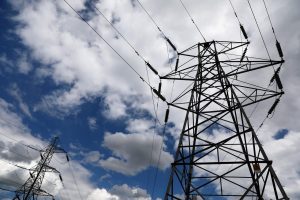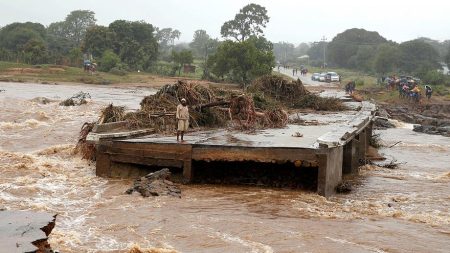A disappointing rainy season and a severe drought in 2024 led Brazil to interrupt exports for almost the entire year. But sales resumed in January when Brazil sent 12 average megawatt (aMW) of hydropower to the two countries, the organization that oversees trade and power market operations in Brazil, CCEE, told Reuters.
Exported volumes may also grow because of adjustments being made to how Brazil transfers excess hydropower to other countries.
Calibrations to the times at which hydroelectric export offers arrive should increase competitiveness over thermoelectric energy and allow larger volumes to be exported, said Marisete Pereira, president of Abrage, an association that represents large hydroelectric generators.
CCEE said in a statement to Reuters that it is “studying improvements to the system with the Ministry of Mines and Energy that optimize gains for the country.”
Exports occur only when plants accumulate water surpluses that could not be used by the Brazilian system, monetizing energy that would be wasted.
Sales gained momentum in 2023, when heavy rains allowed Brazil to send energy to Argentina and Uruguay, earning energy firms 782 million reais ($136.55 million).
Generators and experts still see room for changes in the hydro export mechanism. Abrage is working on a solution to “anticipate” the export of surplus hydropower, to offer energy to neighboring countries before the plants begin to release water, to minimize waste.
“When we have a signal, 15 days in advance, that there will be a spill, we can export energy so as not to waste water,” said Pereira.
($1 = 5.7267 reais)
By Letícia Fucuchima Writing by Fabio Teixeira Editing by Roberto Samora and Frances Kerry – Reuters




